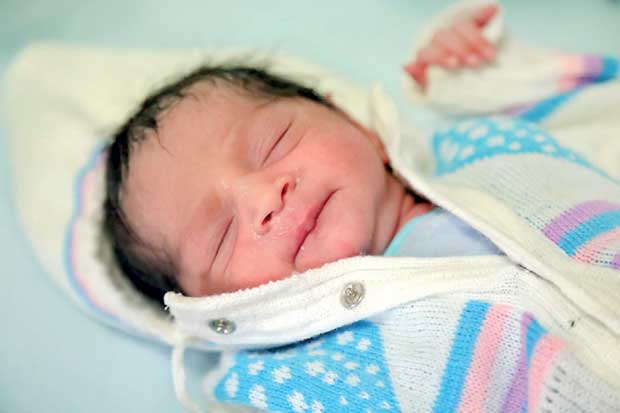05 Jul 2017 - {{hitsCtrl.values.hits}}

The internationally accredited, multi award-winning Lanka Hospitals Colombo awaits the imminent announcement of its millennial IVF (In Vitro Fertilization - commonly known as test-tube) baby delivery.
Proven to be one of the most sophisticated facilities in South Asia, Lanka Hospitals’ Fertility Centre’s success is founded on its clinical and professional excellence as well as its success rate, all of which are on par with similar outfits in the
developed world.
The celebrated Fertility Centre at Lanka Hospitals is operational throughout the year and is equipped with state-of-art facilities, with a higher rate of success in IVF without disrupting the female partner’s menstrual cycle. It has set several benchmarks in the sub-fertility field in Sri Lanka, including the first pregnancy through vitrified embryo transfers giving the couple several chances of conception with frozen embryo replacement (FER).
Lanka Hospitals Clinical Embryologist Dr. Madara Ralapanawe spoke of the high clinical standards of the processes involved in an IVF conception at the clinic.
“Following the extraction of mature eggs from the ovaries in standard IVF, two to three eggs are inseminated with 80,000 to 100,000 sperms and will be kept in an incubator which mimics similar ambience of a fallopian tube – at 37 degrees Celsius – similar to body temperature, with 6 percent carbon dioxide and 5 percent Oxygen.
Even the culture media used is similar to content in the fallopian tube. Here, the sperm has to swim itself in the natural way. In ICSI (Intra Cytoplasmic Sperm Injection), where sperms are directly injected to mature eggs, the sperm’s entering of the egg can be confirmed in a lab setting. Similar to the natural process, the sperm will go in and the egg will be fertilized becoming two pronuclei or a zygote and subsequently at the cleavage stage further ‘division’ of cells take place.
The success rate of fertilization is higher in ICSI as the sperm is being directly injected to the egg and fertilization and cleavage are the same as that occurs in the natural process,” explained Dr. Ralapanawe.
Lanka Hospitals not only ensures the privacy of the would-be parents but also renders vast convenience by ways of minimising hospital visits, treatment methods and hormonal injection administration, thus considerably reducing the disruption to their regular lifestyle during the IVF process.
“The expectant couples do not have to transit in rented houses in Colombo just to visit the hospital throughout the cycle, which is the common practice here. As in any other developed part of the world we at Lanka Hospitals instruct the couples to self-administer the hormone injections or to consult the doctor of their convenience.
The female partner only has to make about five visits to the hospital for the whole treatment process including three visits for the scans, one for ‘egg pick-up’ and one for embryo transfer. These are the new practices globally and Lanka Hospitals has been practicing them for a significant period,” stated Lanka Hospitals Consultant Obstetrician and Gynaecologist Dr. Nishendra Karunaratne.
Lanka Hospitals will be celebrating the birth of its millennial IVF baby, one of the most noteworthy accomplishments (since the clinic’s inception in 2008) in the Sri Lankan healthcare industry, in the near future.
25 Dec 2024 5 hours ago
25 Dec 2024 6 hours ago
25 Dec 2024 6 hours ago